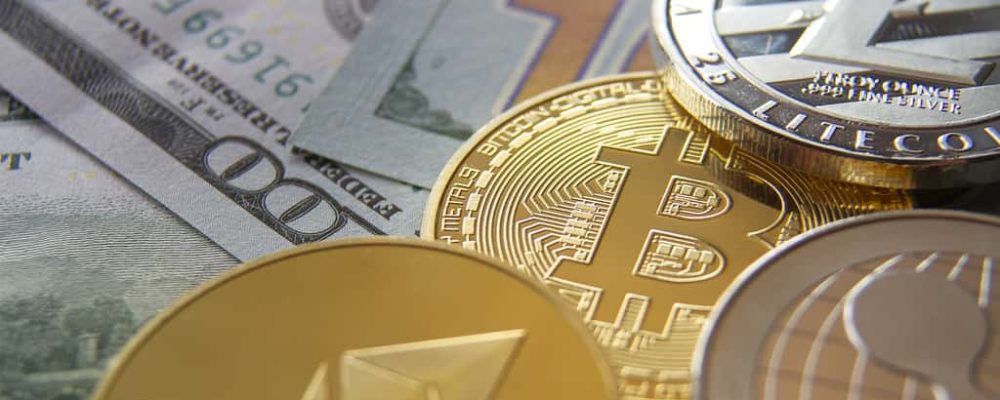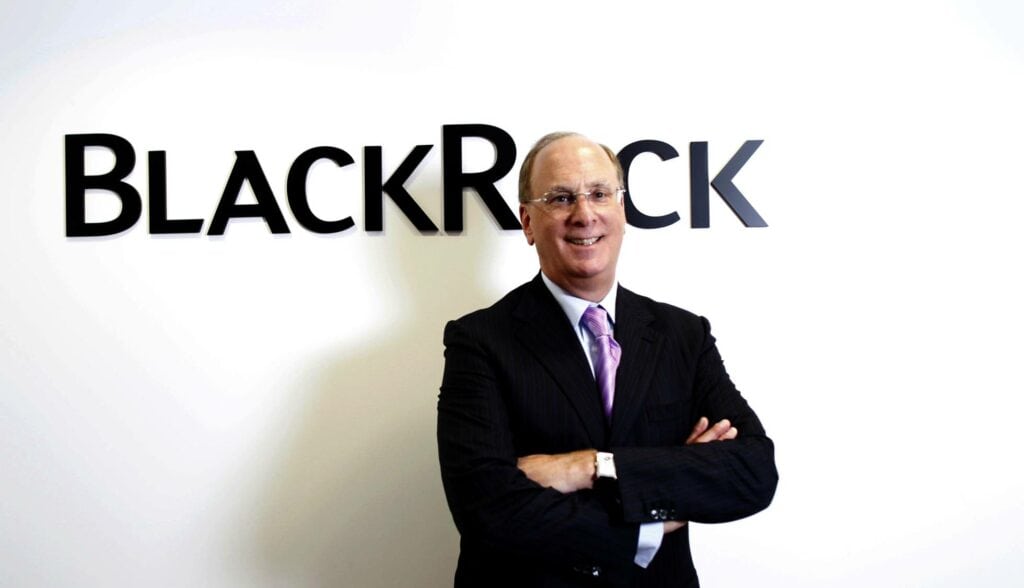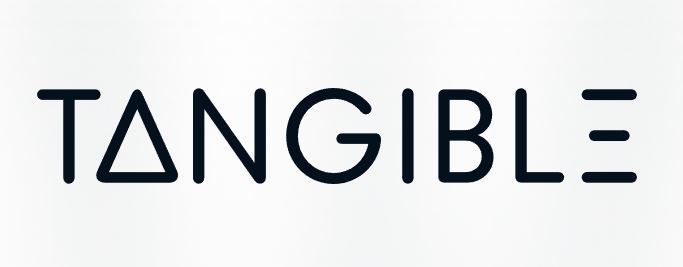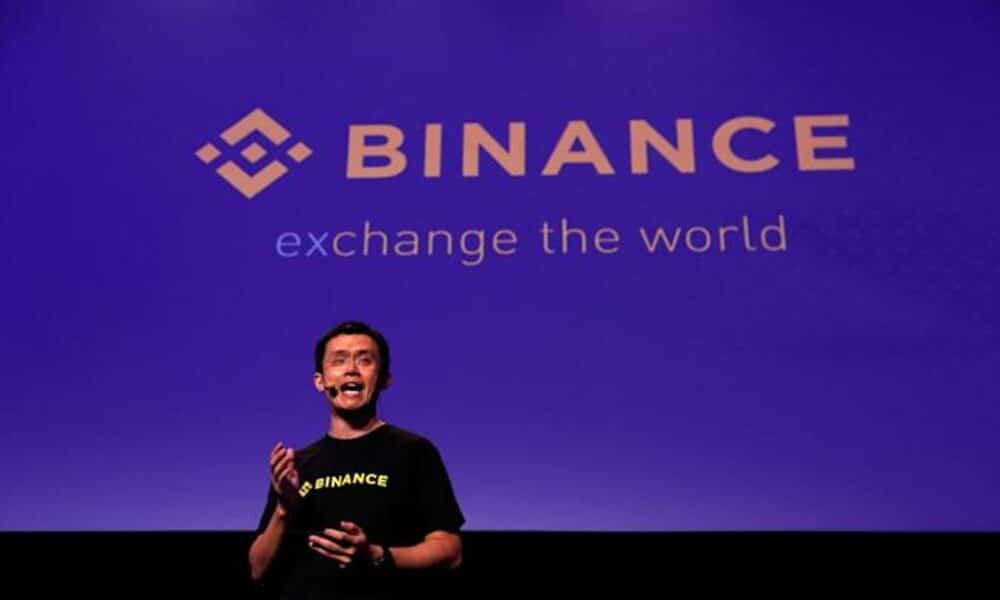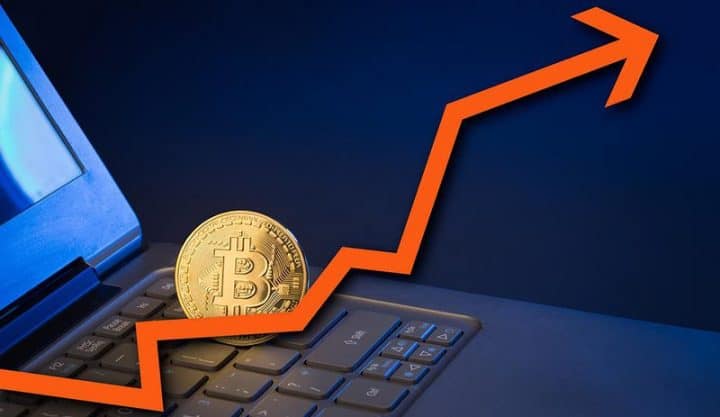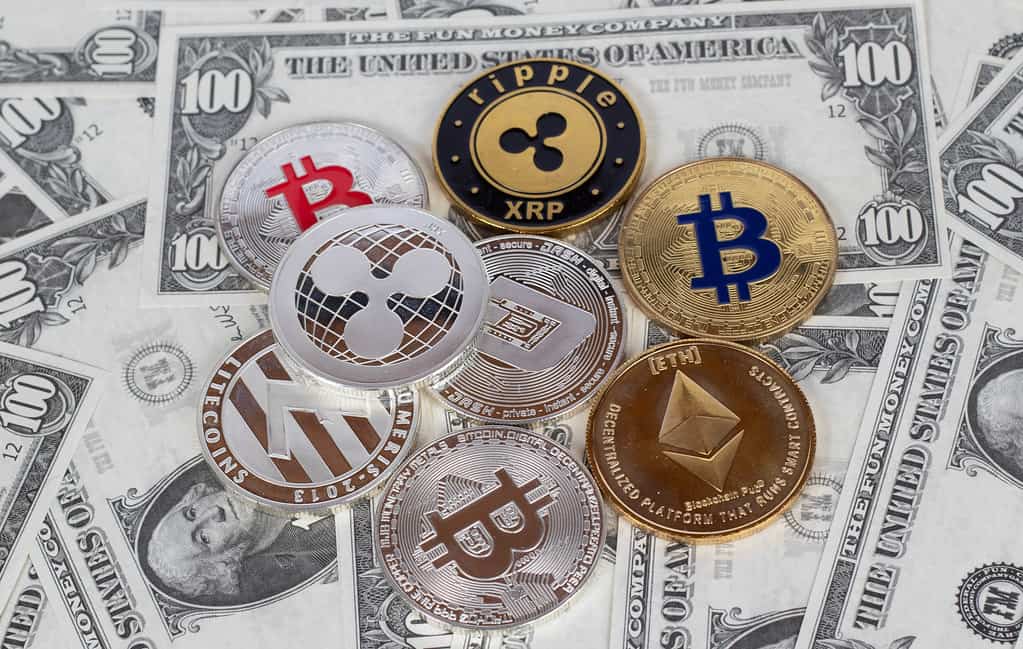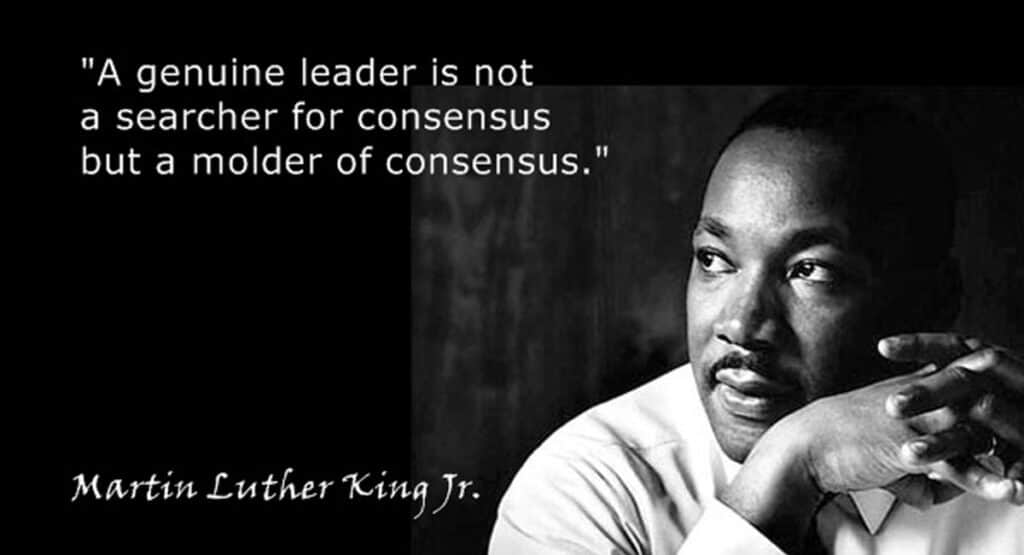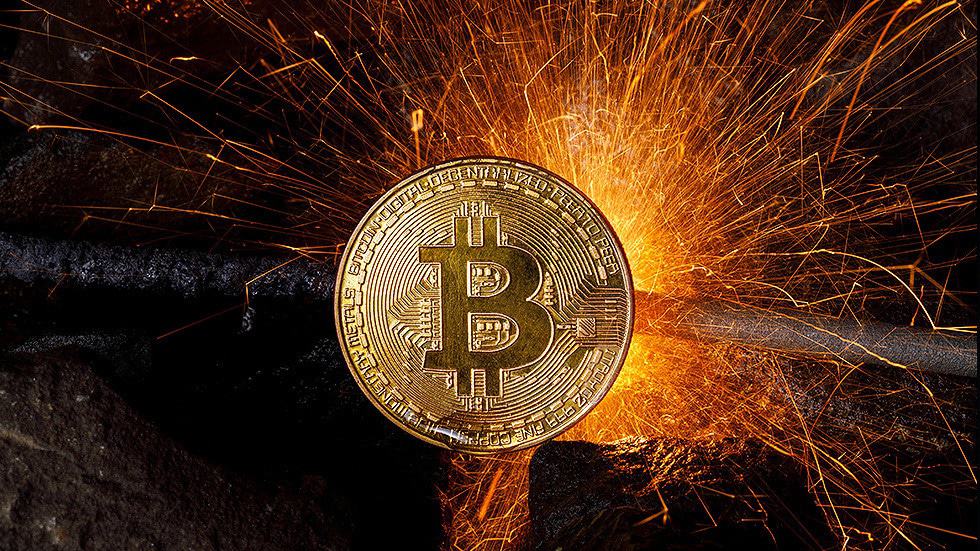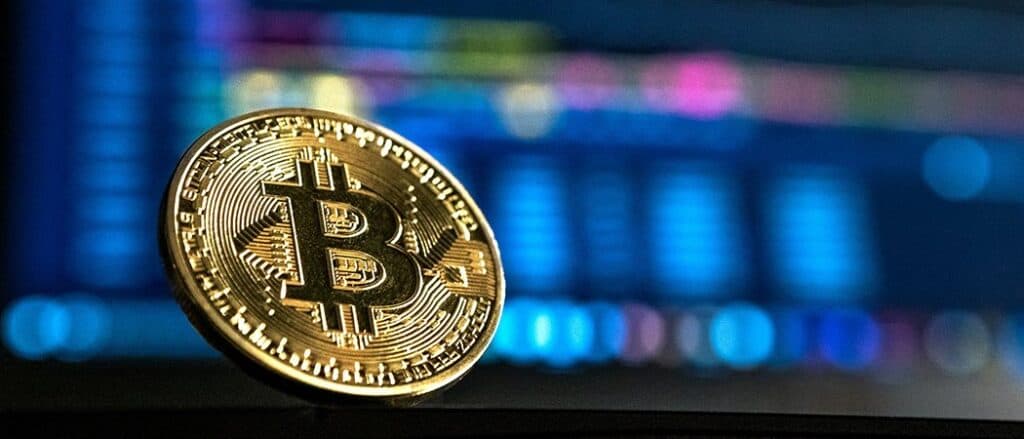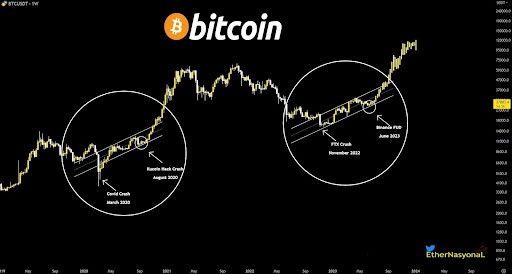An interesting Reuters report appeared a few days ago, suggesting that actions against Signature Bank are targeting the cryptocurrency industry. Although the news agency points to more than one source for the data, the U.S. banking regulator denies it.
Banking scandal over cryptocurrencies
The FDIC, the U.S. banking regulator, is denying reports that Signature Bank’s buyer was forced out of the cryptocurrency business. According to a Reuters report, as many as two anonymous sources claimed that a potential buyer would have to agree to give up all cryptocurrency business at the bank. However, an FDIC spokesman denied such information, stressing that a similar condition had not been imposed.
Initial reports suggested that regulators wanted to close Signature Bank because of its involvement in the cryptocurrency industry. The FDIC thus came under fire.
In contrast, Barney Frank, a former congressman who helped write the Dodd-Frank Act, claims that regulators closed the bank to send a “very strong anti-crypto message.” It is worth remembering that Frank also served on the board of Signature Bank.
The case has provoked a furious reaction from the industry, which is paying attention to the need for better regulation of the cryptocurrency market in the United States. Many experts believe that the law needs to be clear and precise, so as not to lead to misunderstandings and unnecessary conflicts. Especially between the regulator and traders.
Unclear reasons for the closure of Signature Bank
On Sunday, March 12, New York regulators took control of Signature Bank, which surprised many people, including the employees themselves. The institution, which had been cryptocurrency-friendly, lending to digital asset companies and facilitating cryptocurrency transactions through its Signet network, became the third bank to close in the past week and the third largest bankruptcy in US history.
New York’s Department of Financial Services quickly dismissed the conspiracy theories, saying in a statement that the decision to take control of Signature Bank “was based on the bank’s current status and its ability to operate in a safe and sound manner.”
No takers for assets
The FDIC agency said it would continue to accept bids to purchase Signature Bank and Silicon Valley Bank. For SVB, this will be the second attempt at a sale, following a failed auction over the weekend. The FDIC attempted to sell the entire SVB bank, but failed to find a buyer willing to acquire the institution. According to sources, the FDIC agency would prefer to sell the two entities as a whole, but will consider bids for individual parts of them if that fails.

